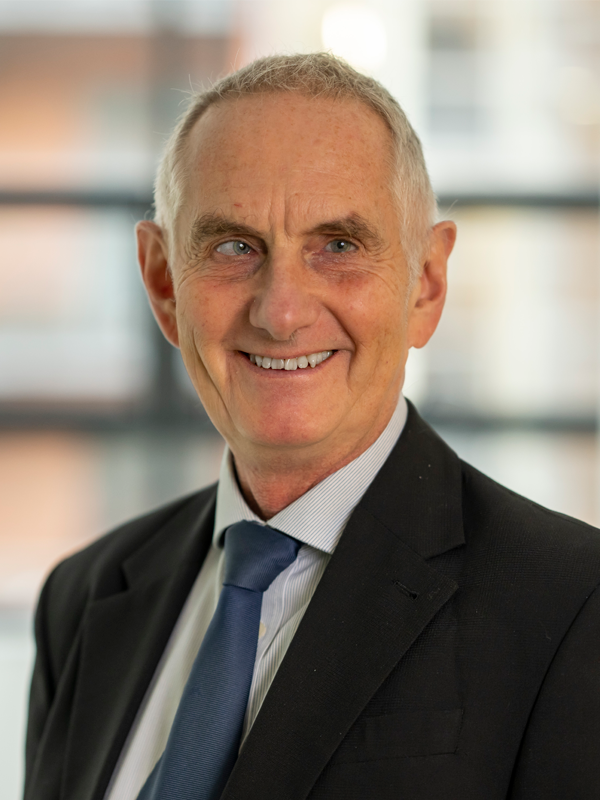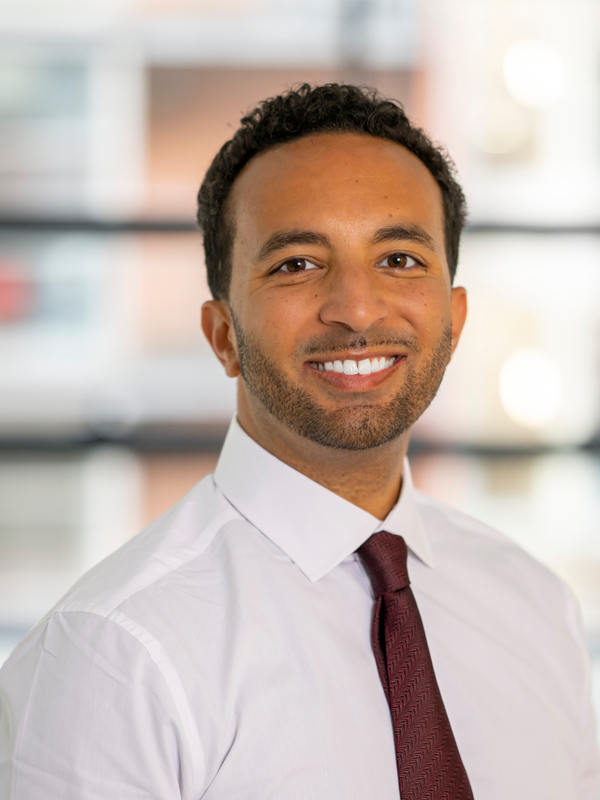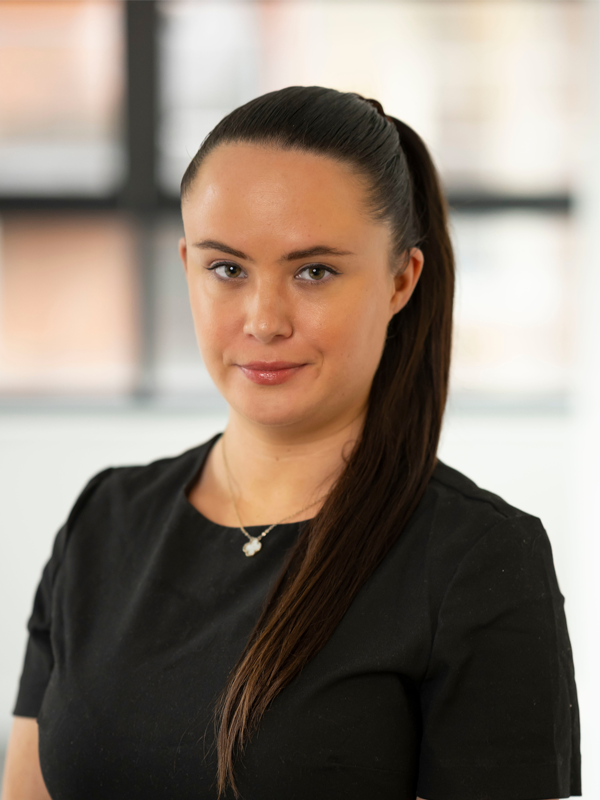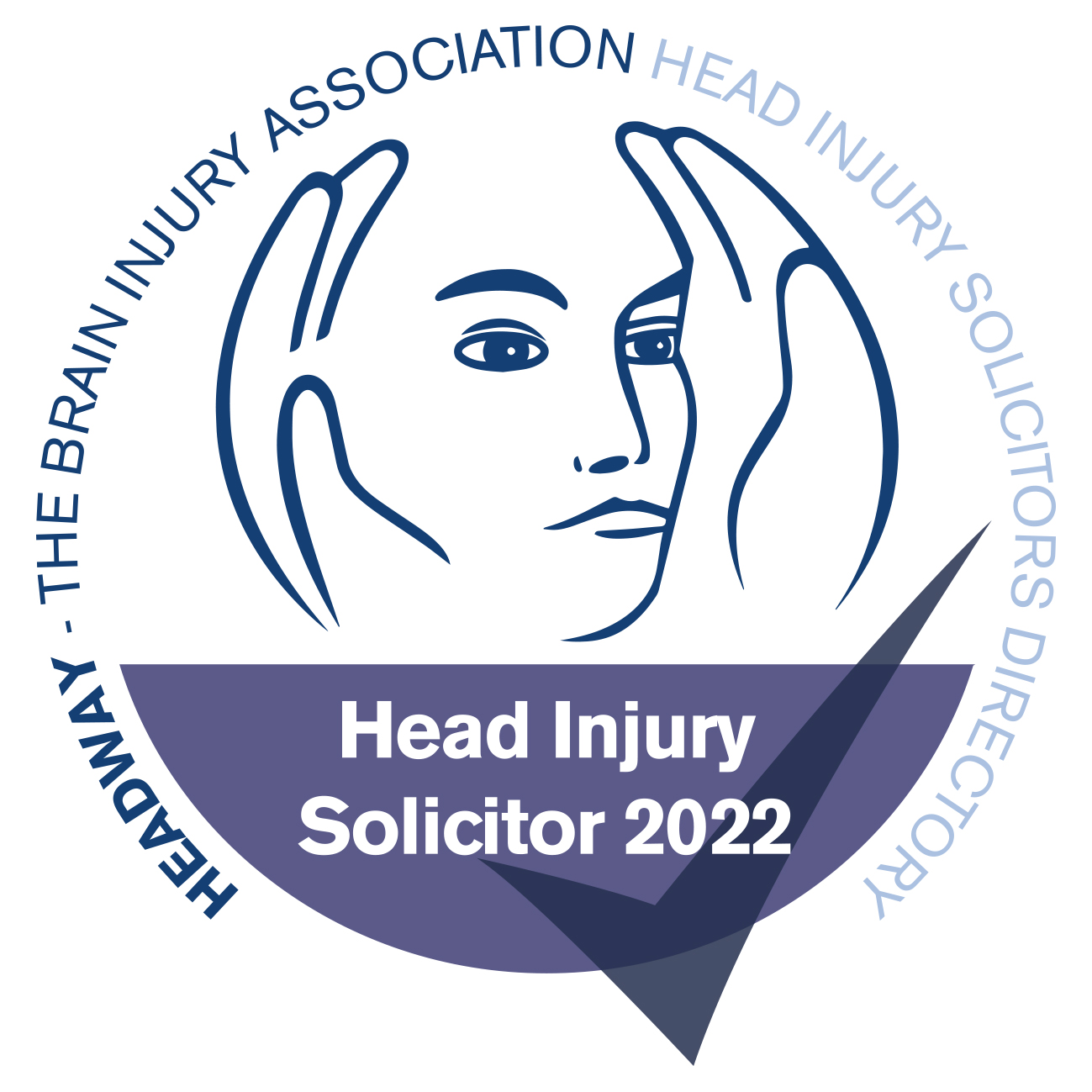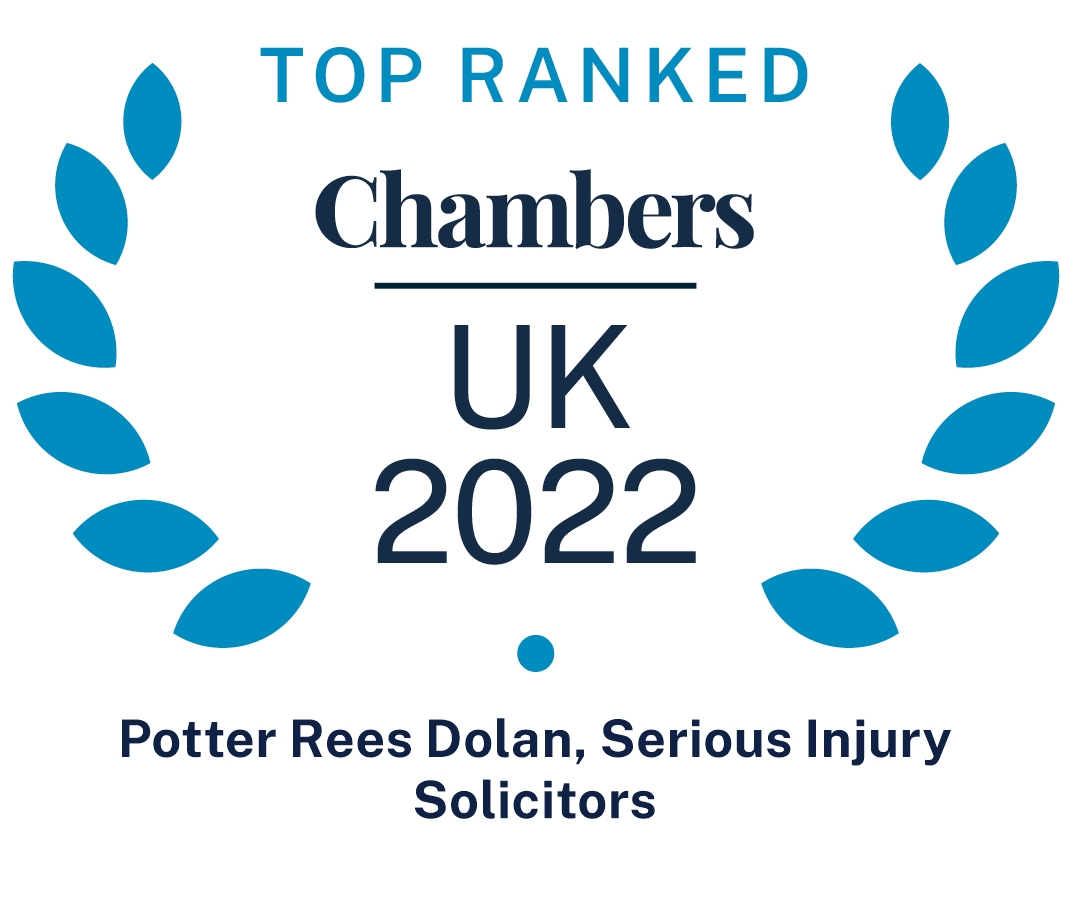Head Injury Claims
At Potter Rees Dolan, we have experienced lawyers who specialise in handling head injury claims. We are authorised members of Headway’s personal injury solicitors list and comply with their Code of Conduct.
Thousands of people each year in the UK sustain a brain injury, leaving them permanently affected. A severe injury can lead to very significant physical and mental impairment, including:
- personality changes
- speech problems
- memory loss
Recent case wins include:
Young man suffers severe brain injury following road traffic accident - £30 million
Teenage cyclist is hit by a car and left with a skull fracture - £4.3 million
Young woman hit by a car is left with a brain injury - £1.65 million
We know that a serious injury affects not only the individual but also their families and friends. To speak to our specialist, Manchester-based head injury lawyers today, call us on 0800 027 2557 or complete the online enquiry form on the side of this page.
How we can help
At Potter Rees Dolan, we understand the devastating effect that a brain injury can have on all aspects of your life. Rehabilitation is vitally important, with the greatest progress often made in the first six months after injury. But it does not stop there. Improvements can still take place many months or even years after injury. We can help secure rehabilitation for you, and should you not fully recover, compensation can help to achieve financial security for individuals and families.
We understand that making a compensation claim after a head injury can appear a very confusing process. It can be a very difficult time for people after such a serious injury. We will:
- Investigate the circumstances of your accident quickly and handle your claim efficiently
- Keep our advice to you as clear and as straightforward as possible
- Help to guide you through the practical problems that you are faced with immediately after your brain injury and as you progress
Compensation for such injuries often reaches millions of pounds. It is important that every area of your claim is properly investigated and valued. As well as your physical and mental impairments, we will investigate:
- The cost of your future care
- Your loss of future earnings
- The cost of providing you with special equipment
- Your welfare benefit entitlement
- The cost of your future accommodation needs
What is a head injury?
Everything about us as individuals is controlled by the brain; how we talk, how we move, what we say and how we feel. It also enables us to express ourselves as it controls our emotions.
So what happens when the brain is injured? Whether it is through a road traffic accident or a knock to the head due to an assault, we deal with clients who have sustained a brain injury through a wide range of personal injury cases.
The brain could also be injured through the negligence of a medical professional during surgery, for example. There are many possible causes of a brain injury and the effects of the injury can be varied.
This can depend on the severity of the brain injury as well as the location of the injury on the brain.
Frontal Lobe
This is the part of the brain that controls emotion, behaviour and tolerance. If this area is directly damaged, it can cause extreme emotional mood swings.
A person’s ability to manage frustrations is often affected, so they can lash out and easily become angry over something minor
The frontal lobe controls our ability to monitor and adjust our behaviour accordingly. If this area of the brain is damaged, it could alter the individual’s levels of empathy and sensitivity towards others are likely to be altered.
After a brain injury to the frontal lobe, a person may experience a lack of motivation and spontaneity in interacting with others. The ability to plan ahead can also be affected, which can lead to isolation particularly if this coincides with the lack of motivation to socialise.
Damage to the frontal lobe can also cause difficulty in planning and completing tasks in the right order (known as sequencing), reduce awareness that actions have been carried out already meaning they are repeated.
Parietal Lobes
These can be divided into two functional regions; one involves sensation and touch perception and the other controls visual perception. The parietal lobes focus on the manipulation of objects and voluntary movements.
This part of the brain receives and analyses information from the skin, such as temperature, pressure and pain. Our understanding of where we are in relation to our surroundings is also controlled by the parietal lobes, as well as our understanding of where our body parts are in relation to each other.
Damage to this part of the brain can impair reading and writing, as well as self-care abilities such as washing and dressing. The individual may also have poor hand-eye coordination and the inability to focus their attention.
Temporal Lobe
This part of the brain controls communication and long-term memory. The temporal lobe also handles functions of auditory perception (hearing) and some visual perception. Damage to this part of the brain can therefore affect a person's memory and understanding. They may find it hard to concentrate and difficult to understand language.
After damage to the temporal lobe, a person may also lose their sense of humour and notice a change in their sexual interests and behaviour. Other effects could include persistent talking and seizure disorders.
Occipital Lobes
As these lobes control the visual processing centre of our brain, damage to the occipital lobes can mean the individual may not be able to process visual signs correctly, causing visual confusion, even though the eyes themselves may be working normally.
If this part of the brain is damaged, an individual might experience difficulty recognising colours or a drawn object. Hallucinations and visual illusions may also occur, as well as word blindness.
Rehabilitation and Treatment
After a brain injury, rehabilitation is a key part of long term recovery. Unlike other cells in the body, brain cells are unable to regenerate when destroyed, so other areas of the brain try to take over the activities of the damaged part. This reorganisation of itself and establishing new nerve pathways is how the brain develops.
Recovery time after a serious brain injury can depend on the severity of the injury, as well as the individual. Usually, a clinical team will discuss the rehabilitation options with the person with the injury and their family. Funding for the rehab services can be sourced through the local authority, medical insurance or compensation claims.
Rehabilitation may be provided through a number of settings, such as inpatient rehabilitation, which involves specialist treatment in a neurological rehab centre, for example, for people who are not ready to return home after their stay in hospital.
Alternatively, some people are well enough to return home after a brain injury, and these receive outpatient rehabilitation sometimes from their local hospital.
Rehabilitation will be provided by nurses, physiotherapists, occupational therapists, social workers and speech and language therapists working as a team usually under a medical consultant and co-ordinated by a case manager. We work very closely with all members of the Rehabilitation team to ensure our clients’ needs are met.
Click here to learn more about brain injury, its causes and its effects.
Contact us
If, as a result of a serious brain injury, you are left unable to manage your own affairs, it is likely a Deputy would be appointed by the Court of Protection to manage your finances for you. At Potter Rees Dolan, we specialise in Court of Protection matters.
At the conclusion of your claim, we will help you get proper financial advice so you can protect your compensation award for years to come.
For advice about brain injury claims, telephone us on 0800 027 2557 or allow us to contact you by filling in the online enquiry form on this page.











